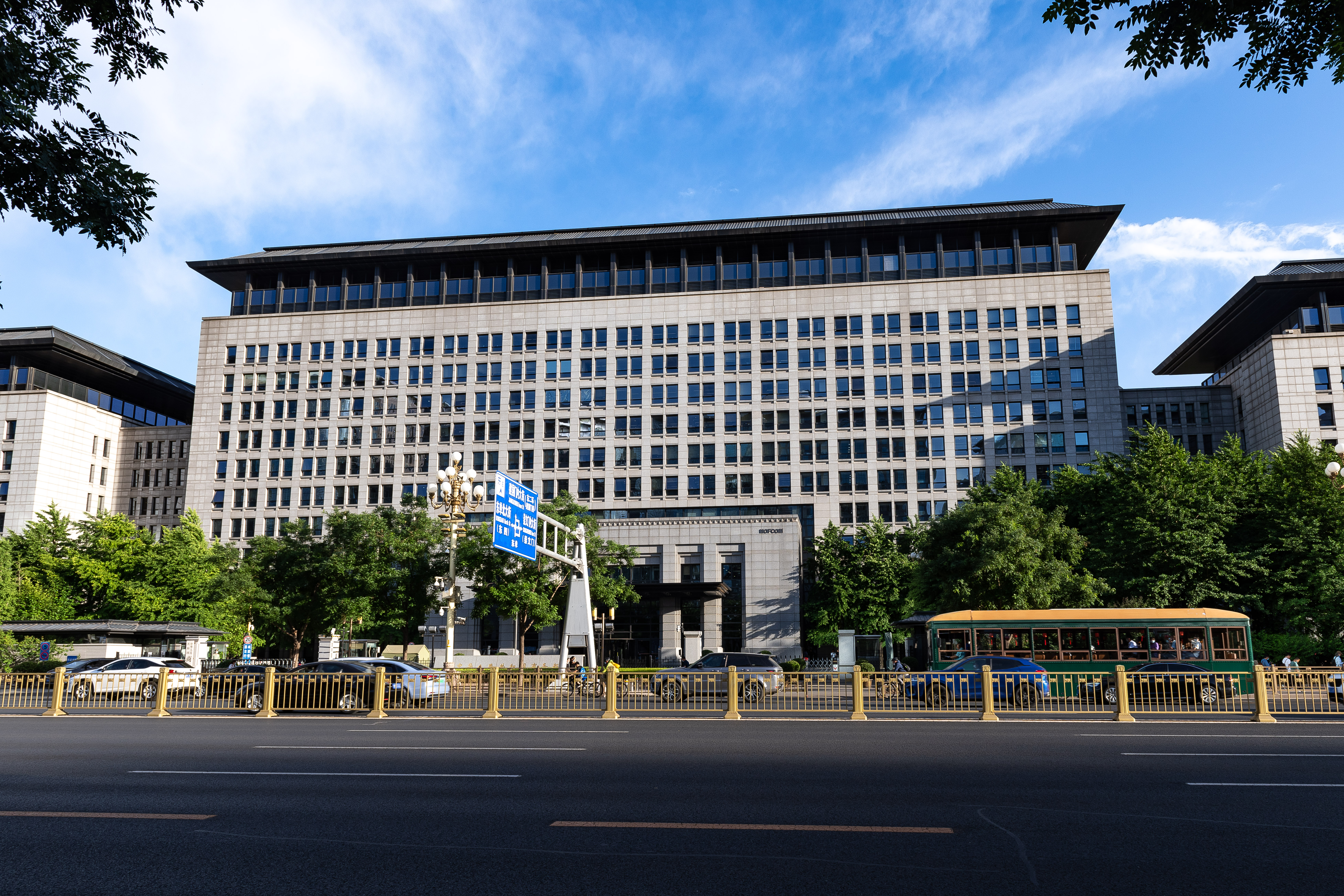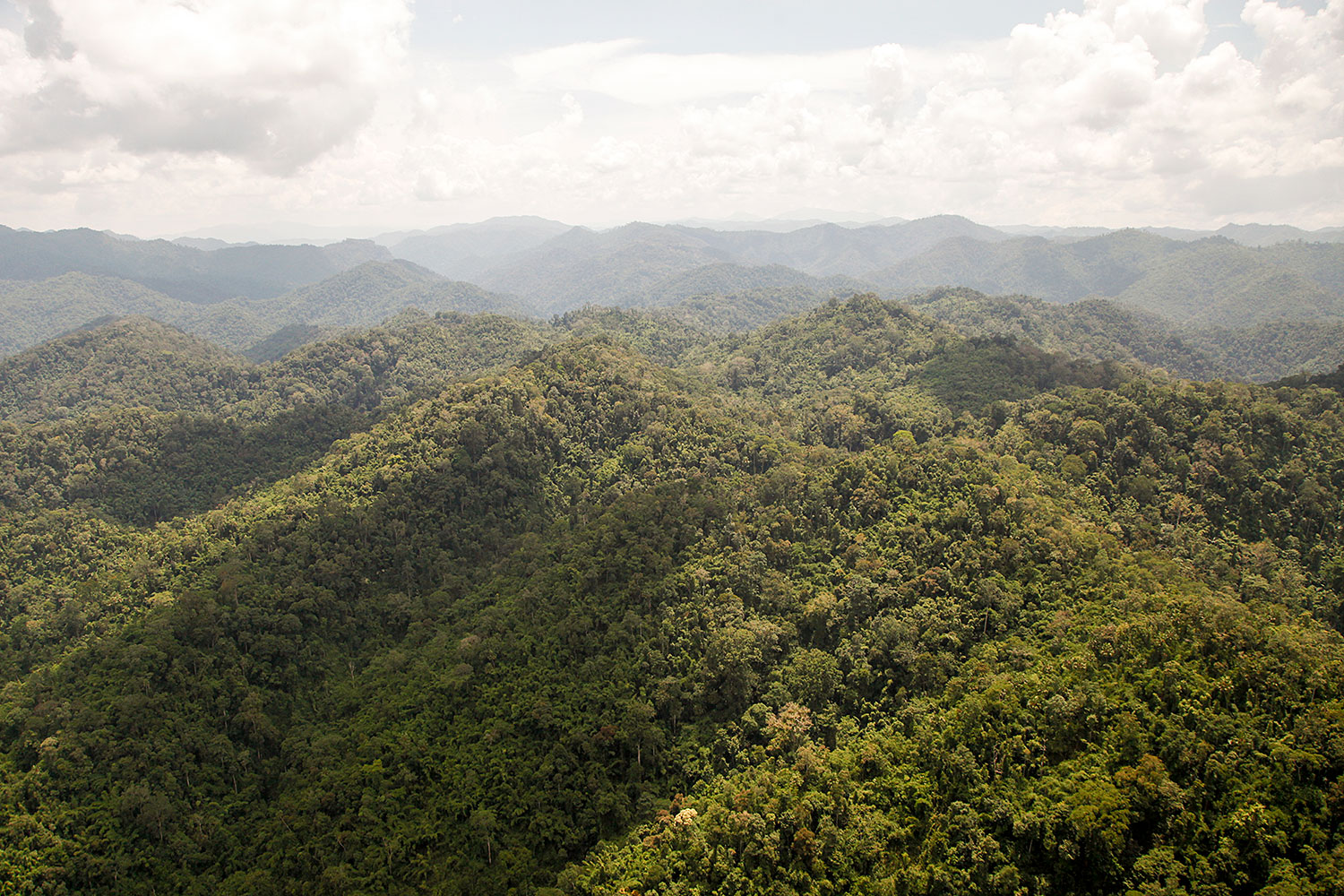- INTRODUCTION
The African Forest Forum (AFF) is a pan-African non-governmental organisation with its headquarters in Nairobi, Kenya. It is an association of individuals who share the quest for and commitment to the sustainable management, use and conservation of the forest and tree resources of Africa for the socioeconomic wellbeing of its peoples and for the stability and improvement of its environment. The purpose of AFF is to provide a platform and create an enabling environment for independent and objective analysis, advocacy, and advice on relevant policy and technical issues pertaining to achieving sustainable management, use and conservation of Africa’s forest and tree resources; as part of efforts to reduce poverty, promote gender equality, and economic and social development. Through all its programmes and activities, AFF seeks to promote the empowerment of all marginalised groups particularly women, whose representation, priorities, and needs are seldom addressed in the forestry sector by facilitating specific activities that would enhance their equal participation and representation.
AFF has secured funding from the Swedish International Development Agency (Sida) to implement a project entitled “Strengthening management and use of forest ecosystems for sustainable development in Africa”. The overall goal of the project is “to generate and share knowledge and information through partnerships in ways that provide inputs into policy and decision-making options and capacity building, for improved forest management that better address poverty eradication and environmental protection in Africa”. One of the key project objectives is to improve knowledge and capacities of African stakeholders in responding to adverse effects of climate change through better management and use of forest ecosystems and trees outside forests. To fulfil this objective AFF provided research fellowship grants to post graduate students registered in African universities to undertake in-depth studies on the assessment of: a) trends of impacts of climate change on forests, tree-resources, and on forest ecosystem services, as well as coping mechanisms; and b) gender responsive resilience to climate change of forest related biophysical and socio-economic systems. The studies were implemented in selected countries in the Sahel parklands, moist forests, mangrove forests, and woodlands.
- BACKGROUND
Climate change and climate variability is impacting the African forestry sector and the livelihoods of the people who depend on the products and services from the sector in different ways. For instance, reduced rainfall availability and temperature rise is negatively influencing the resources from all types of forests, trees on farms, and ecosystem services that directly and indirectly contribute to the social wellbeing of people and stability of their environment. Rainfall variability has a direct effect on agricultural production, food, and nutritional security as well as on markets and trade potential of forest dependent population. On the other hand, temperature rise has also negatively affected forests and tree resources due to changes in fire regimes, and incidences of pests and diseases, among others.
It is also evident that among the African people, women, youth, and marginalized groups who depend on fragile critical ecosystems for their livelihood are the most affected by the impacts of climate change and variability. This makes consideration of gender and other marginalized groups mandatory in planning for as well as assessing responsiveness of the African countries to the impacts of climate change. African governments through their commitments to Nationally Determined Contributions (NDCs) that are in line with the Paris Agreement (PA) and other regional and national processes, have pledged to increase their focus on building resilience of biophysical and socio-economic systems as one of the means to strengthen adaptation capacity of people and plants to the adverse impacts of climate change. Some of the ongoing work on the African continent in this regard includes restoration of degraded lands, reforestation and afforestation in different forest types and farmlands, promotion of non-timber forest products value chains, awareness creation, various types of trainings and skills development, among others. Much as these efforts have potential for ameliorating the impacts of climate change and variability and building coping mechanisms, they have to be gender-sensitive with a clear focus on women, youth, and marginalized groups.
In this regard, a deeper understanding of the complex relationships between a changing climate and forests and tree-resources is vital to enable those in forestry sector to develop appropriate mitigation and adaptation responses, strategies, and mechanisms to address the impacts (positive and negative) of climate change and variability. Furthermore, it is also critical to ensure inclusivity of marginalized groups because they are the most affected by the impacts of climate change and variability because they are dependent on the fragile critical ecosystems for their livelihood.
To generate knowledge that could guide decision making on how to sustainably manage the forest resources in the changing climate, and dynamic socioeconomic environment, in 2019, AFF recruited a total of 18 postgraduate students (13 PhD and 5 MSc) who conducted research and generated knowledge products on varied topics, within the following broad areas:
- Trends in climate change and effects on different forest types and trees outside forests.
- Trends in climate change and effects on different forest-based and tree-based ecosystem services.
- The relationship between forestry sector activities for climate change adaptation and mitigation and forest and tree-based ecosystem services.
- Forest and tree management options to sustain provision of ecosystem services under changing climate.
- Options for improving the livelihoods of people depending on forest and tree resources under changing climate.
- Trade-offs between improvement of ecosystem services and enhancing the livelihood of forest dependent people.
- Gender-sensitive resilience and adaptation measures and/or strategies to adverse effects of climate change and variability on forests, trees outside forests and people who depend on them.
- Capacity for implementing gender-sensitive resilience measures in selected biophysical and socio-economic systems.
- Promising institutional frameworks to support effective implementation of gender-sensitive resilience and adaptation measures to adverse effects of climate change and variability that are also relevant to other marginalized groups.
For its 2023 annual plan of work, AFF is recruiting 2 (two) experts to undertake a review of the knowledge products developed by the students to improve their quality prior to the dissemination to forestry stakeholders in Africa and beyond. Furthermore, the review shall also include production of a regional synthesis covering each theme/broad area.
- PURPOSE OF THE CONSULTANCY
Review and edit the knowledge products and develop regional syntheses that will contribute to strengthening capacity of African forestry stakeholders to sustainably manage forest resources in a changing climate.
- TASKS ON THE CONSULTANCY
The specific tasks for the assignment include:
- Reviewing, editing, and strengthening of knowledge products developed by AFF following AFF guidelines to produce final versions ready for dissemination/publication.
- Develop a synthesis for each theme/broad area.
5. DURATION
The tasks in this TOR are one person-month workload commencing on 01 July 2023 and spread over a period of two months. The consultant shall work from own location but in close consultation with relevant staff at the AFF Secretariat.
- MINIMUM QUALIFICATIONS AND SKILLS
- Have at least a PhD degree in natural resources management, forestry, environment management or any related area.
- Be an expert with proven knowledge and at least five years regional experience in the broad areas of forestry and including issues related to climate change, sustainable development, and natural resources management.
- Have good scientific writing skills with good publications record in reputable journals.
- Experience as an editor or being in an editorial board of a relevant journal will be an added advantage.
- Excellent written and oral communication skills in English and/or French.
- EXPECTED DELIVERABLES
- One regional synthesis on the themes.
- Revised/improved documents.
- HOW TO APPLY
Please email, and attach your application containing:
- Cover letter stating how you meet the above qualifications and experience requirements.
- Curriculum vitae.
With the subject line: “Consultancy No 01- 2.1.1.1. Experts to review and synthesize knowledge products on the nexus between climate change, forests and trees” to: Dr Doris Mutta through d.mutta@cifor-icraf.
Application deadline is 26th June 2023.




